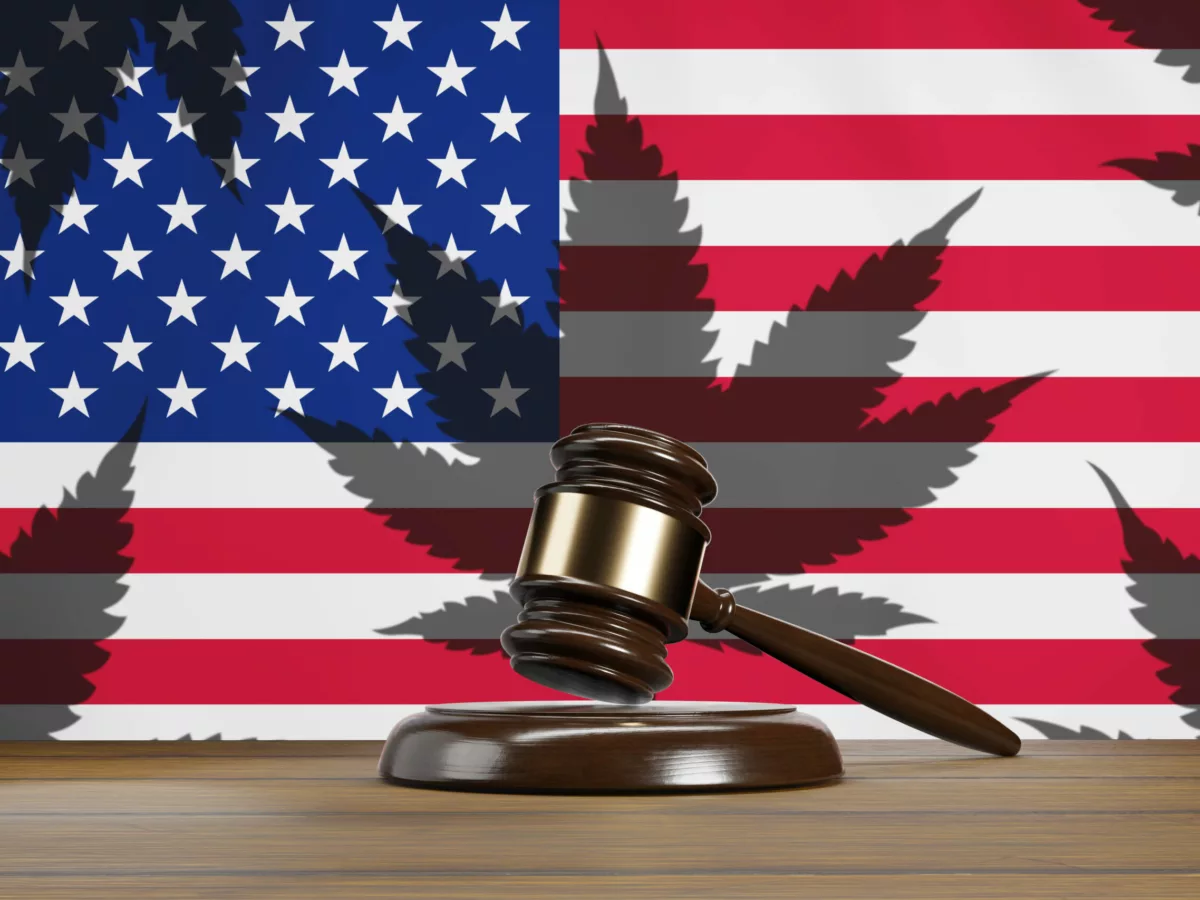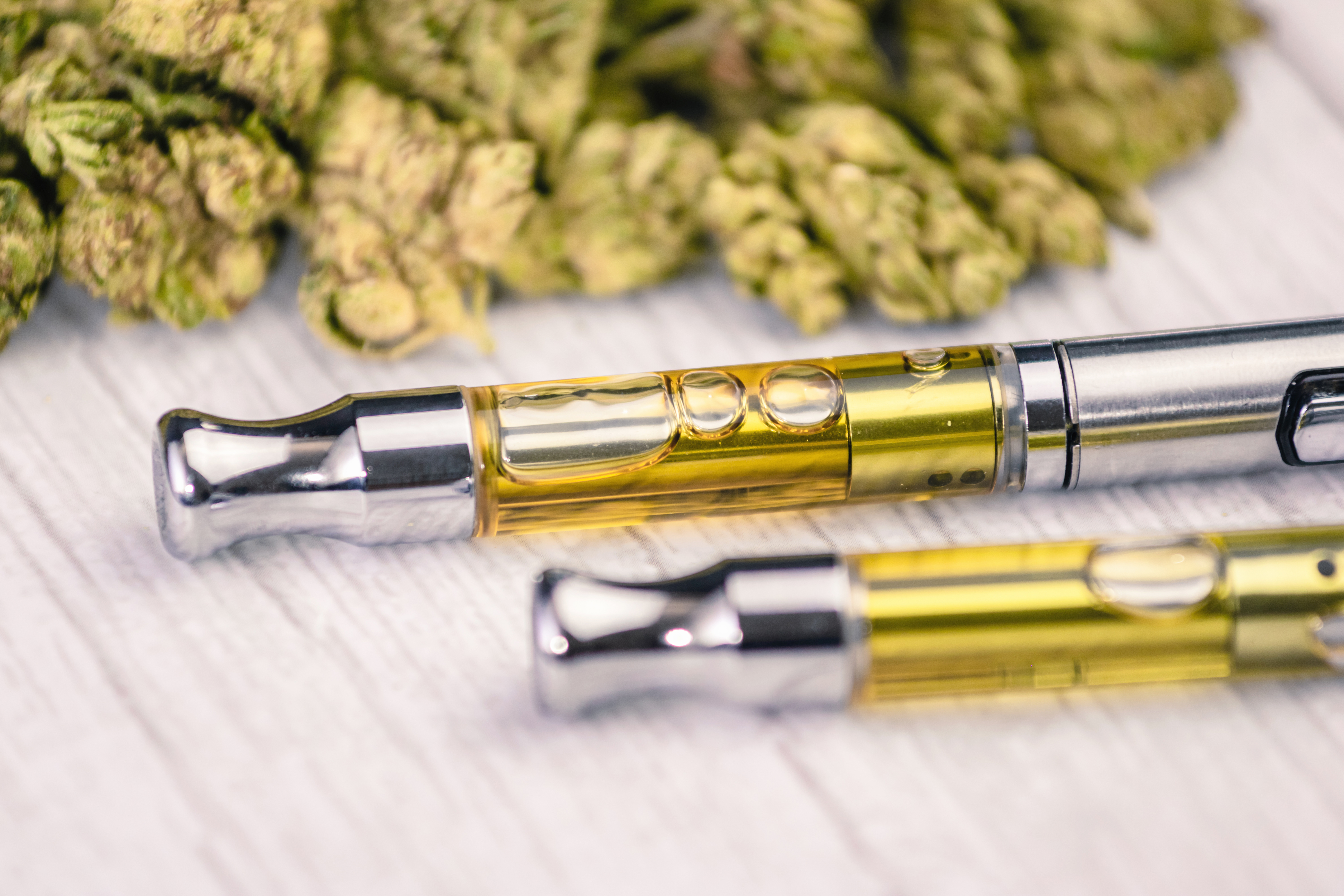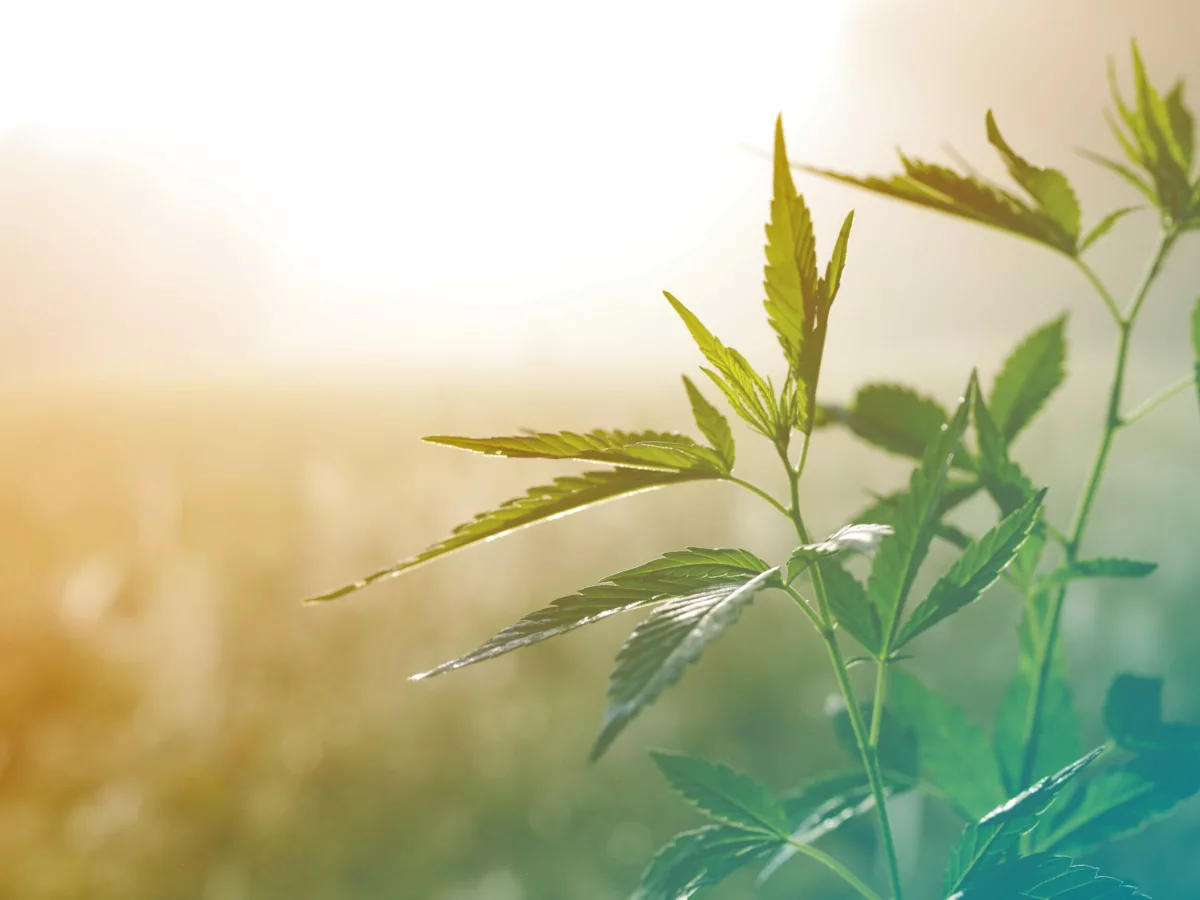After a quiet first month for cannabis policy in the Maryland legislature, lawmakers gave some overdue love on Valentine’s Day to a pair of legalization bills during a marathon House Judiciary Committee hearing.
The committee, chaired by Del. Luke Clippinger (D-Baltimore), heard the full gamut of testimony Monday on two bills Clippinger has sponsored to put legalization up to voters on the ballot this November. The hearing brought a mix of outright support, conditional backing with calls for significant amendments, and a medley of opposition along both prohibitionist and progressive lines.
The focus was HB 1, a simple two-page referendum bill that would put the question, “Do you favor the legalization of adult–use cannabis in the State of Maryland?”, up to voters in the November general election, and HB837, which would create a limited framework for a recreational cannabis industry starting in summer of 2023.
The committee did not vote on either bill, instead using the nearly four-and-a-half-hour hearing to take testimony from more than two dozen advocates, public officials, experts and members of the general public.
Clippinger made his hopes clear towards the beginning of the hearing as lawmakers were mulling the timing for legalization: “I think it’s time for us to start this work now, and I think the referendum should be on the 2022 ballot.”
HB 837 is one of four competing legalization framework bills in the Maryland General Assembly this session. Clippinger’s bill would legalize possession of up to 1.5 ounces of cannabis flower for adults and impose only a fine of $250 for possession of between 1.5 and 2.5 ounces; automatically expunge past convictions for possessed amounts that would be made legal; allow re-sentencing hearings for those currently incarcerated for such offenses; create a Cannabis Business Assistance Fund to provide grants, loans and other support for women and minority entrepreneurs seeking to operate in the new recreational market; and require studies of patterns of use, impaired driving, prenatal health, hospitalizations and calls to poison control as they relate to cannabis across Maryland, as well as studies of the barriers for Black and brown communities to enter the industry.
Notably, it would not allow any level of home cultivation and would delay the start of adult-use legalization until July 1, 2023, with possession becoming decriminalized — or subject to only a fine — starting Jan. 1 of next year.
Among the high-profile names who spoke in support of HB 837 were Rep. Anthony Brown and Maryland Attorney General candidate Catherine Curran O’Malley, a retired Baltimore City Circuit Court judge and the wife of former Gov. Martin O’Malley.
“Maryland, as a progressive, forward-thinking state, needs to join the 18 other states that have legalized cannabis, to lead by example and be a model for the rest of the country,” said Brown, also noting an ongoing bipartisan push to legalize cannabis at the federal level.
Others were more reserved in their support, backing the notion of legalization but calling for bill amendments that would allow for home grow, specifically prohibit law enforcement from using cannabis odor as cause for searches (to codify a landmark Maryland Court of Appeals ruling from 2021) and strengthen commitments to social justice and equity beyond what Clippinger’s legislation prescribes.
Olivia Naugle, senior policy analyst for the Marijuana Policy Project, a national advocacy group, was among those pushing advocates’ calls to allow home grow, as well as timeline changes to enable legalization to take effect immediately, rather than eight months after the ballot measure is approved. In particular, she pointed to New Jersey as a cautionary tale: the state delayed legalization taking effect until the following year after approval of a 2020 ballot measure and during the lag time, police made thousands of possession arrests.
Others stumped for competing bills. Speaking in support of Sen. Jill Carter’s (D-Baltimore) SB 692 were ACLU Interim Policy Director Yanet Emanuel and Dayvon Love and Lawrence Grandpre of Baltimore-based grassroots advocacy group Leaders of a Beautiful Struggle, all of whom helped to craft the legislation introduced earlier this month. SB 692 would legalize possession of up to four ounces of flower; allow for growing of up to six plants and make growing seven to 12 plants punishable by only a $250 fine; and allocate more than half of taxes from recreational sales to communities most harmed by the war on drugs, among other reparative steps.
Another major difference in Carter’s bill is that it would also relax penalties for possession amounts and cases that currently fall under the charging category of “possession with intent to distribute” (PWID), and would automatically vacate prior PWID convictions.
“If this body is serious about reducing criminal disparities and is committed to repairing the harm done to Black and brown communities,” Emanuel said, “it must accept the fact that criminalizing the use and possession of marijuana and PWID is not an effective public safety strategy, and in fact has the opposite impact.”
Grandpre, who serves as Leaders of a Beautiful Struggle’s research director, said he prefers the “reparations framework” of Carter’s legislation that allocates funds directly to communities, rather than pooling them in a larger fund as in Clippinger’s bill.
“A reparations approach empowers the people who are aggrieved by the harms to choose for themselves the methodology to redress some of the harms,” Grandpre said.
Alexander Kahan, who identified himself as a medical cannabis patient and certified caregiver, said his preferred alternative is SB833, introduced by Sen. Brian Feldman (D-Montgomery County), which would legalize possession of up to two ounces of flower, allow for growing of up to four plants per person and make growing five to seven plants subject to only a $250 fine, among other steps.
“By restricting patient and consumer access to cannabis grown by companies, you’re effectively pricing out many of the consumers and patients that need cannabis the most,” Kahan said. “Can a plant truly be legalized if it’s still illegal to plant it in the ground and water it?”
In addition to the proposals from Clippinger, Carter and Feldman, Del. Gabriel Acevero (D-Prince George’s County) introduced a second House legalization measure last week in HB1342. Per the bill text, it would allow adults to possess up to one ounce of flower and grow up to 24 plants for personal use. The bill is due for a hearing in the House Judiciary Committee at 1 p.m. on March 8.
The Senate Finance Committee and Budget and Taxation committees will hold their own marathon of hearings for cannabis bills in the Senate, including Feldman’s and Carter’s proposals, starting at 1 p.m. on March 3.
Assuming HB 1 is approved by the General Assembly this spring, observers expect the ballot measure alone will be overwhelmingly approved by Maryland voters, three-fifths of whom back adult-use legalization, according to the latest poll from Goucher College.
Eighteen states and the District of Columbia have already legalized cannabis for adult use. Nearly all have implemented industry frameworks for a regulated recreational market, and most allow home cultivation rather than requiring all legal cannabis to be purchased from licensed dispensaries.





